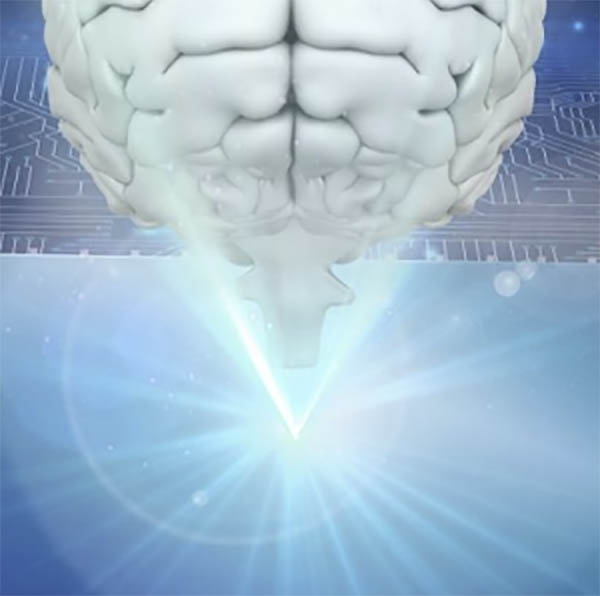An innovative interdisciplinary curriculum in the scientific and technical front that includes content in biological, technological, medical, philosophical, and ethical aspects.
Neuroscience curriculum design arose from awareness of this subject ‘s significance. The challenges are abundant, facing many areas: recognizing the link between our brain’s 100 billion nerve cells and our behavior, recognizing the mechanisms contributing to brain disorders and diseases, bringing about the human brain’s ability to interact with technology, and more.
The program was developed at the Israel Sci-Tech School’s Research and Development Center in collaboration with the School of Neuroscience at Tel Aviv University, with the aim of introducing secondary and high school students to a fascinating field that is at the forefront of scientific and technological practice today. It is an interdisciplinary program that includes material around the central nervous system topics, both biologically and from other aspects such as technology, medicine, philosophy and ethics. Within the curriculum, emphasis is placed on the connection between the scientific aspect and the engineering aspect, and students are exposed to technological means used for brain research on the one hand, and applications for human benefit and well-being on the other.
The content is offered in two tracks: a track for 7th -10th grade students and a track for science-engineering students. The program’s scope is up to 120 hours.
The program offers detailed lesson plans, teaching presentations, classroom experiences, videos, online activities and questionnaires available on the website. The studies are conducted in a variety of teaching methods, designed to empower students with the learning skills they need for their future development.
The teachers on the program participate in training days on the subject, visits to laboratories dealing with brain research or exposure to the application of the field of industry.
Students in the program are exposed to a multidisciplinary profession in which they will work in a variety of fields such as mathematics, computers, physics, chemistry, biology, but also psychology, philosophy and more.
The innovative curriculum is based on an approach called analogy learning. Analogies are ways of thinking that are applied in many fields of science and engineering. Their usage enables a deep understanding of a phenomena, inclusion of solutions, and transfer of knowledge from neuroscience knowledge to engineering science and vice versa.






Comments are closed.